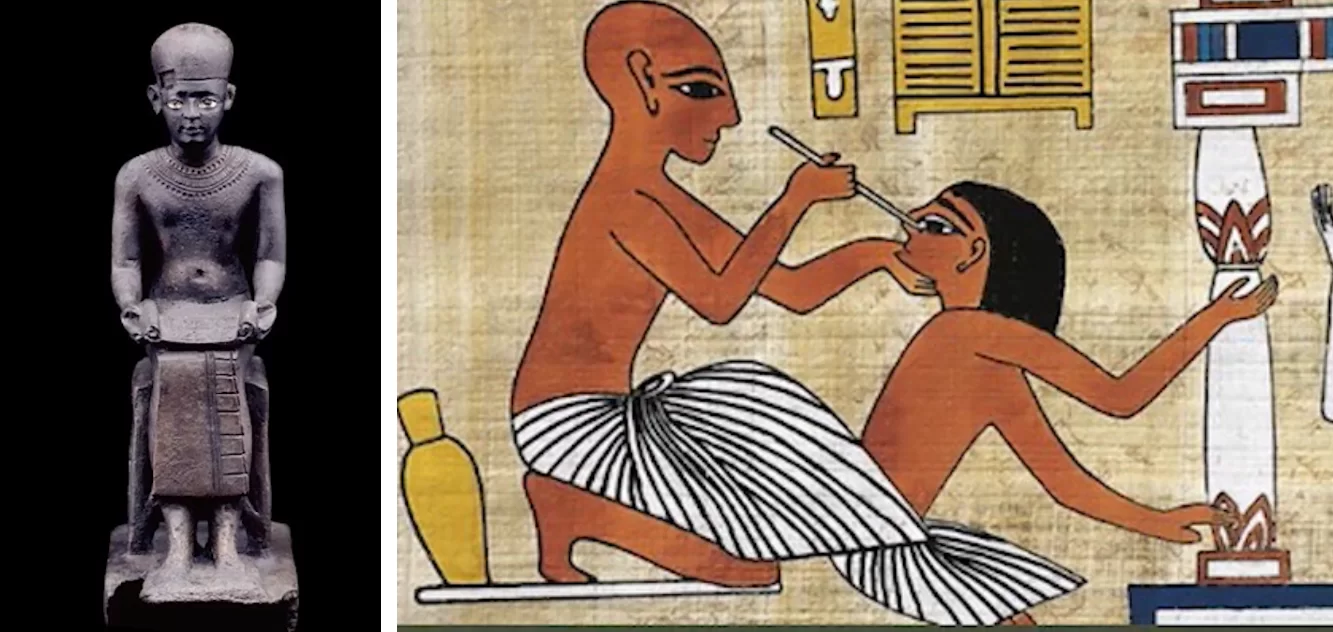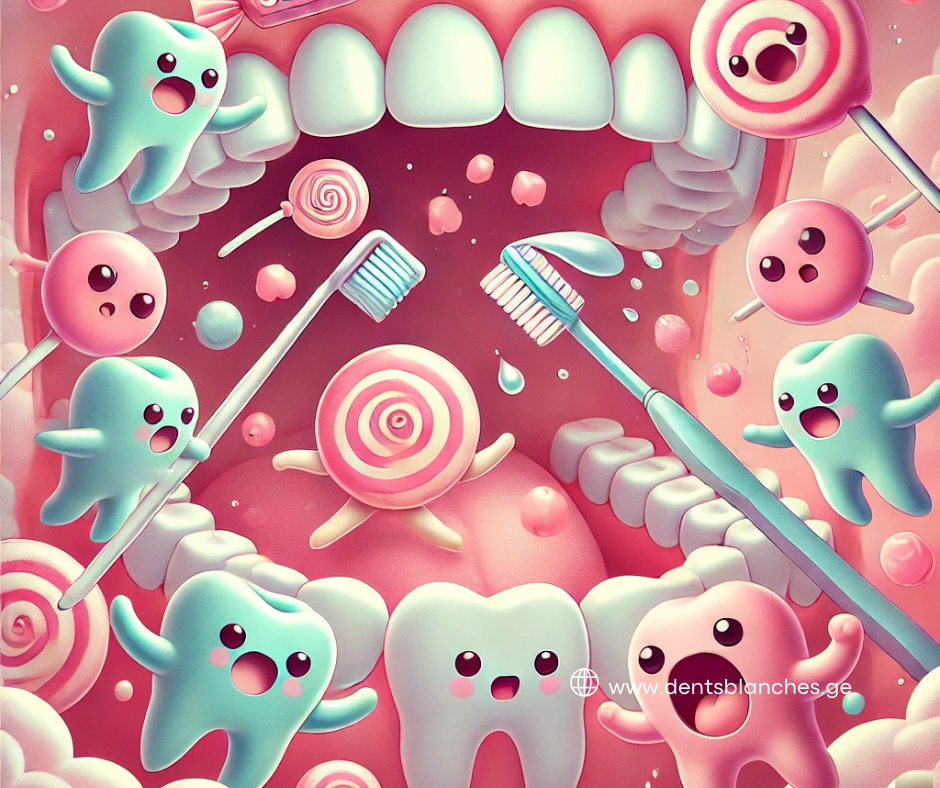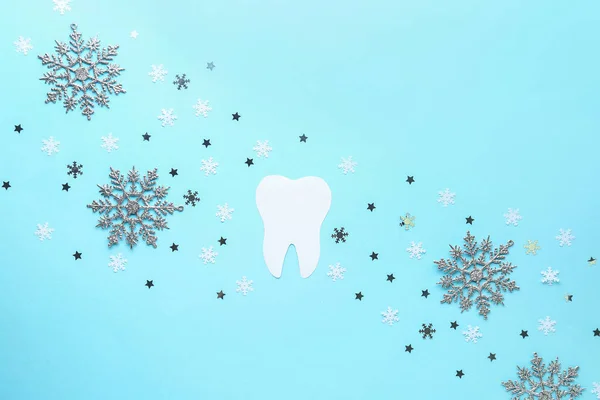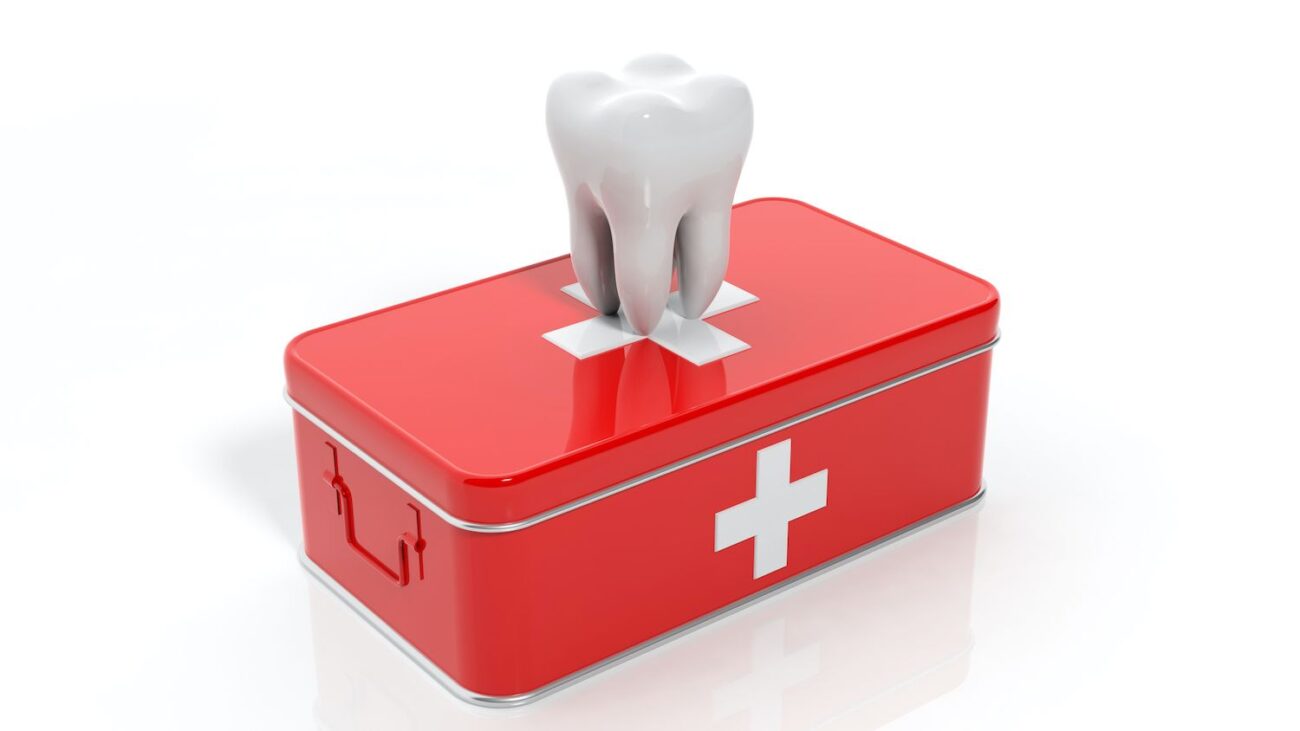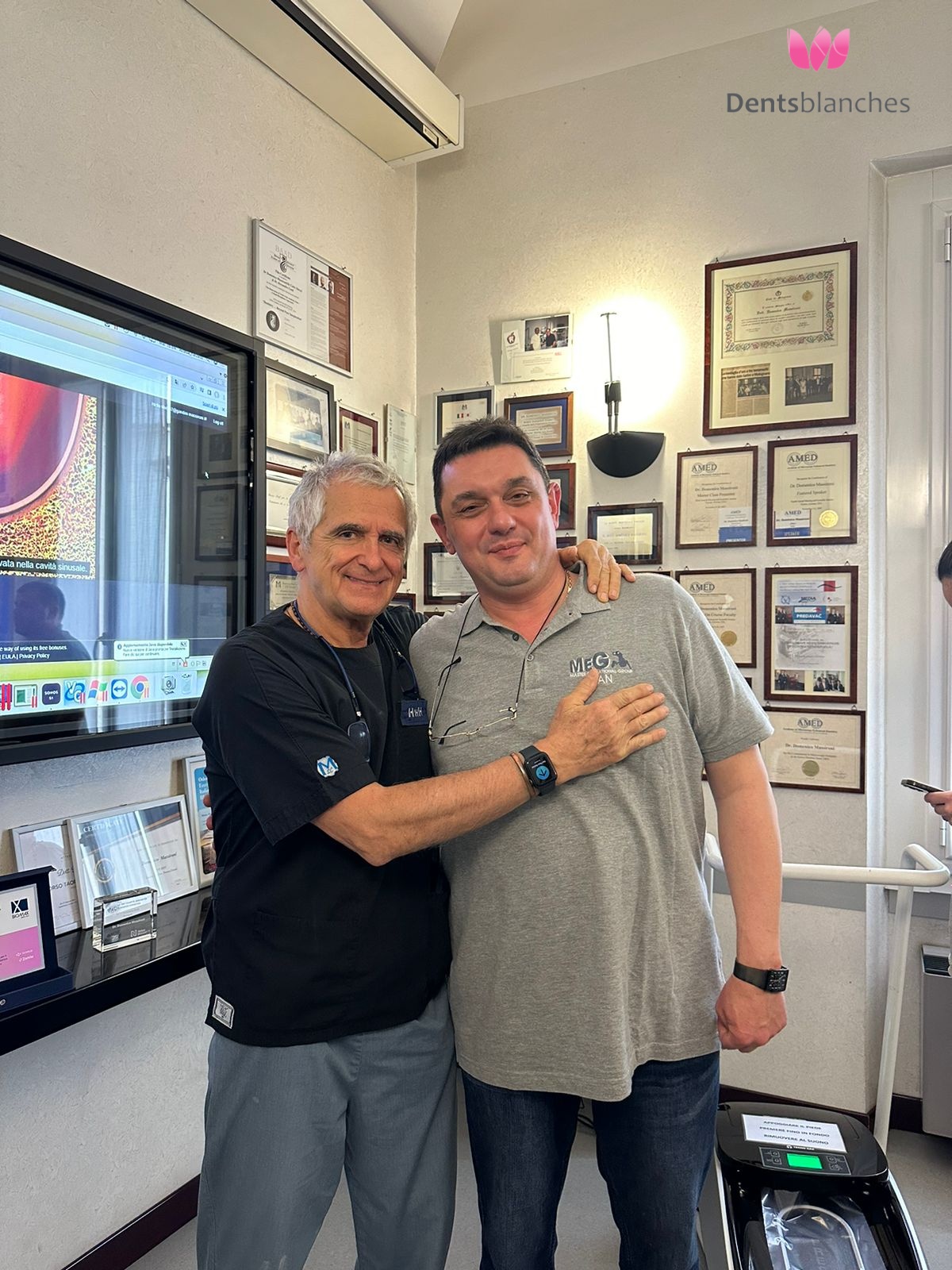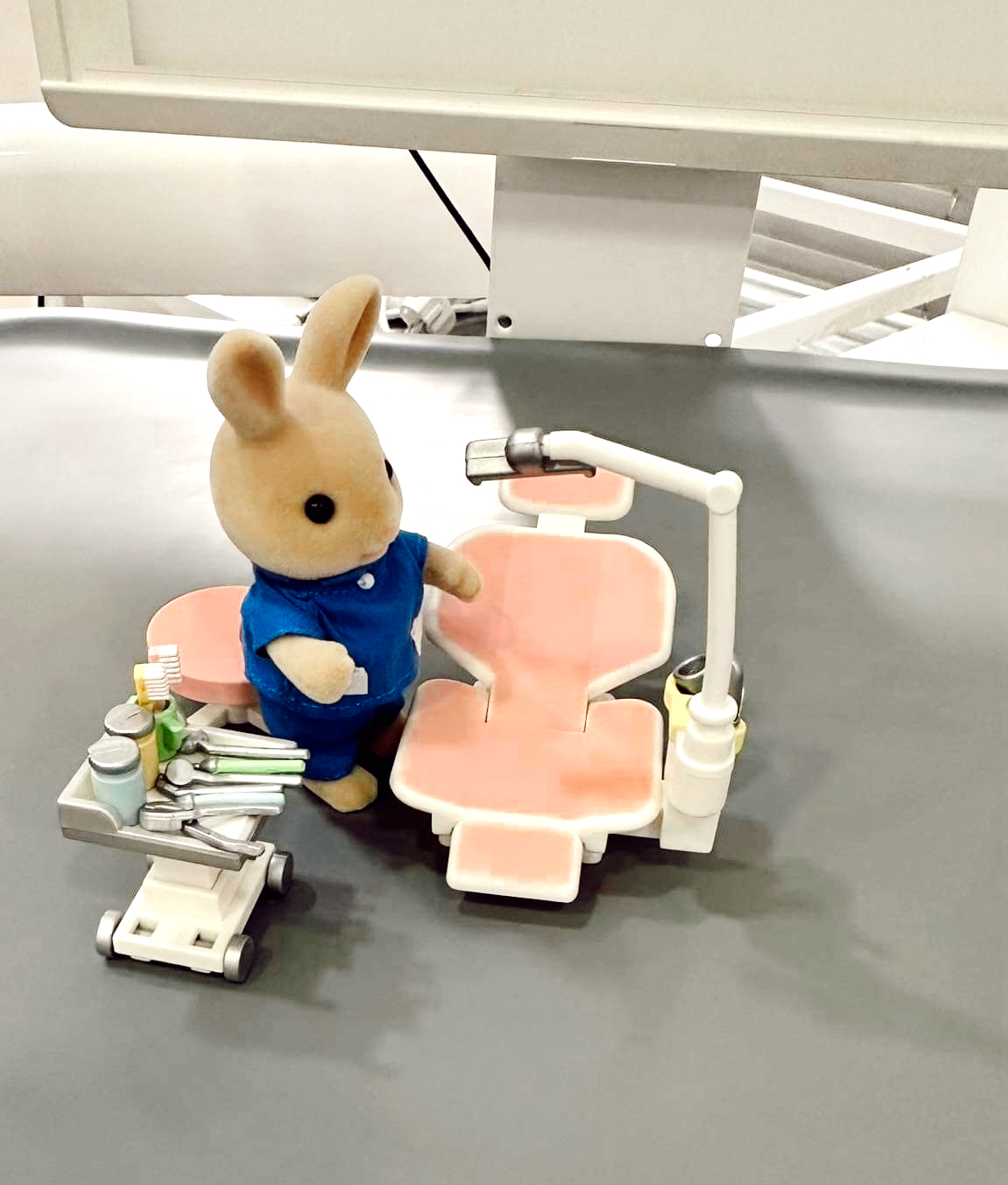If you think a visit to the dentist can be stressful, imagine living in ancient Egypt and the only way to cure your toothache is to cast a magic spell, extract it using barbaric methods, or use powdered mummified insects.
Fortunately, medicine and dentistry have come a long way – I’ll tell you how below!
Ancient Egypt (3000 BC) – The first dentist is believed to be Hesi-Re, who served as the pharaoh’s personal “tooth healer”. His methods included medicinal herbs, honey and incantations. In cases of unbearable pain, the “healer” could directly extract the “problem” tooth by hand.
Ancient Mesopotamia – The Babylonians believed that toothache was caused by a “worm lodged in the tooth”. Their treatment included magical rituals, and the most daring even tried to “extract” the worm with a hot iron (spoiler: they failed).
Hippocrates and Aristotle (400-300 BC) – They already understood that dental diseases were related to hygiene. Hippocrates advised us to use aromatic juices for our teeth and eat “soft foods” to avoid damaging our teeth.
The Middle Ages: When Barbers Also Practiced Dentistry – In the Middle Ages, dentistry was mainly in the hands of barbers. They not only cut hair, but also “treated” teeth – most often by extracting them. Instead of anesthesia, people had to have mental strength (or just wait until they lost consciousness from the pain).
1575 – Ambroise Paré – This French surgeon was among the first to approach dentistry as a separate science. He created the first professional dental instruments, which were little more sophisticated than the “scissors” used by barbers in the market.
The Renaissance and the Birth of Dentistry
1728 – Pierre Fauchard, the father of modern dentistry, wrote a book describing new methods of treating dental diseases, including “tooth extraction,” which was a real revolution at the time.
1800s – First Anesthesia – The first anesthesia in dentistry was used in 1844 by Horace Wells, an American dentist. He demonstrated the analgesic effect of nitrous oxide (“laughing gas”) on himself while undergoing a dental procedure. Despite the importance of his discovery, Wells' career ended tragically, but his work laid the foundation for the further development of anesthesia in dentistry and medicine.
Modern Dentistry: Dentistry has become a multi-billion dollar industry today, where:
We treat with laser technology,
We make implants painlessly,
We assess the health of our teeth with AI (artificial intelligence),
and, fortunately, no one considers urine to be toothpaste anymore.
Fortunately, your smile is in safe hands! Contact us for a consultation.


